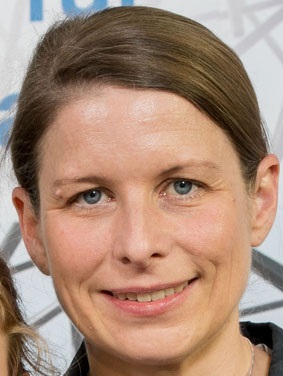B4 Numerical Gaussian-Based and Tensor-Network Methods in Quantum Dynamics
Project Leaders


Prof. Dr. Caroline Lasser, Prof. Dr. Christian Lubich
Researchers
Dr. Eddy de Leon Aguilar, Dr. Yoann Le Hénaff, Dr. Dominik Sulz
Summary
The challenges to the numerical approximation of the quantum dynamics of multi- to many-particle systems lie in the high dimension of configuration spaces and often in highly oscillatory behavior of wave functions, due to multiple time and space scales. This project aims at the design and analysis of numerical algorithms for two major approaches that address either or both of these challenges: tensor networks and correlated Gaussians, and also their nontrivial combination.
Building on recent numerical techniques for dynamical low-rank approximations, we will construct and analyze algorithms for tensor and tree tensor network approximations to dynamical quantum systems, which allow for highly correlated data-sparse representations of the high-dimensional time-dependent wave function.
With a focus on molecular quantum dynamics, we will investigate algorithms using correlated frozen and thawed Gaussian basis functions as building blocks for fully variational and semivariational methods. The flexibility of a correlated Gaussian basis set with time-dependent covariance matrices and time-dependent plane-wave contributions allows for the efficient resolution of oscillations and vibrations.
In both approaches, appropriate numerical time integration schemes will be constructed and studied; severe issues with small singular values, or equivalently ill-conditioned Gramian matrices, need to be resolved; and the number of basis functions shall be chosen adaptively in time.

